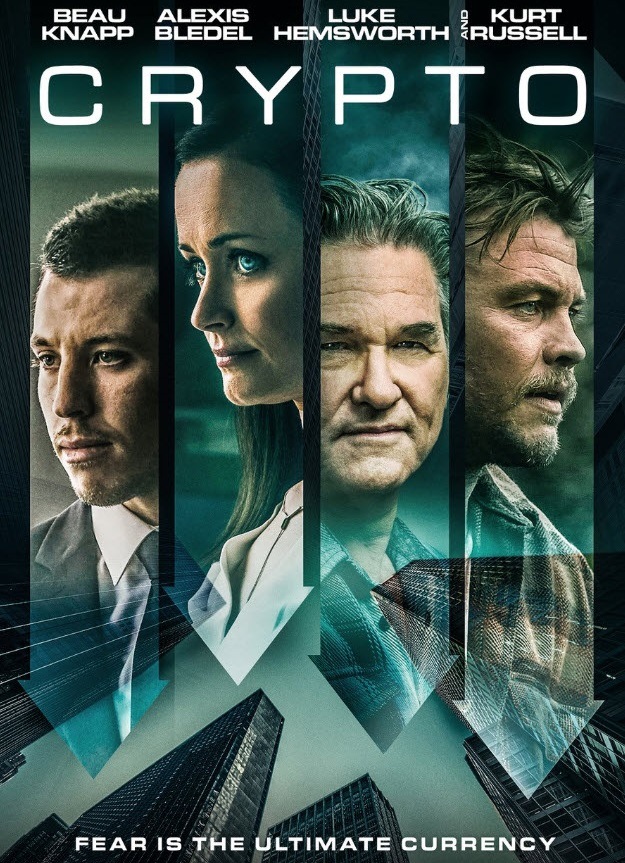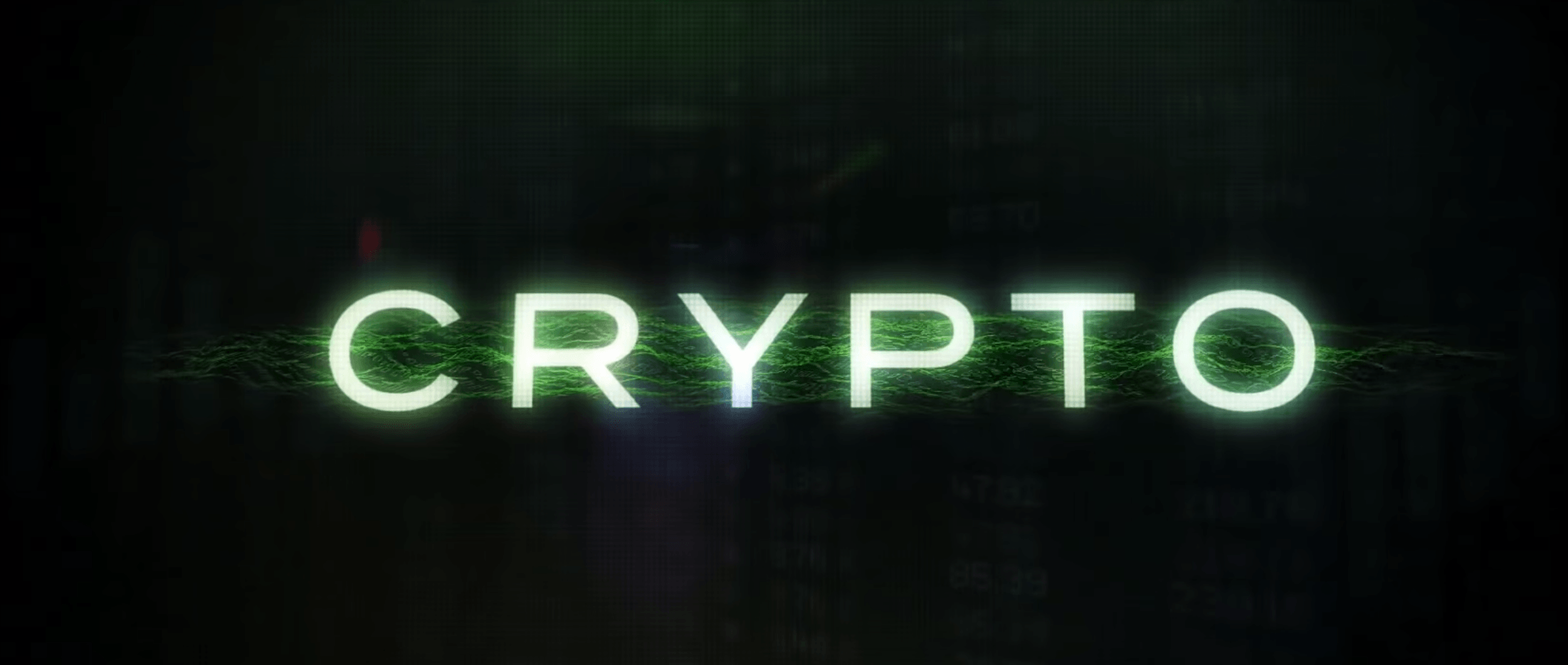‘Crypto’ Movie Stirs Backlash by Pushing Bitcoin-Money Laundering Narrative

Hollywood already has a sinister opinion about bitcoin, even though few in the movie business probably know much about cryptocurrencies.
The new film “Crypto” pushes the bitcoin-money laundering narrative — a stance that’s echoed in the few TV shows that reference virtual currencies.
The trailer for “Crypto” was released on March 11. The movie’s tagline is “fear is the ultimate currency.”
Plot: Russian Mafia Uses Bitcoin to Launder Money
According to IMDB (Internet Movie Database), “Crypto” is a crime thriller about a Wall Street banker who gets caught up in a global money-laundering conspiracy involving the Russian mafia.
Ooh, it’s the “bad Russians” again! How original.
The movie features Kurt Russell, Luke Hemsworth (the brother of “Thor” star Chris Hemsworth), Beau Knapp, and Alexis Bledel. “Crypto” will be released in select theaters on April 12.
Crypto Fans Annoyed By Anti-Bitcoin Theme
Details about the cyber-thriller are sketchy. However, the trailer has been viewed more than 312,000 times in 24 hours — presumably by crypto fans who recognize that having Hollywood make a bitcoin-centric movie signals that crypto has become mainstream.
The trailer was panned by crypto-savvy commenters, who were annoyed that Hollywood has demonized bitcoin from the jump.
Here’s a smattering of snarky comments on YouTube :
“Hollywood makes crypto movies that insult crypto, I noticed. This is all so inaccurate.”
“Great, they are making a movie about crypto, but in the worst way possible.”
“LMAO Hollywood trying to scare people away from crypto!!!”
“Russia bad. Crypto bad. Thanks Hollywood, for yet another original plot.”
“Nice social programming. They used to make better propaganda material back in the day.”
“It’s here. The dumbest film ever made about something the writers don’t understand.”
“Nothing about the tech or devs 😒 just a money-laundering mafia movie, great.”
“Friendly reminder that banks launder more money than the entire market cap of all cryptocurrencies put together.”
Others cracked the usual crypto jokes:
“There will be a 10-minute tense standoff while they wait for the blockchain to verify a transaction.”
“Only JPMCoin and FBCoin peeps will enjoy this. The rest of the crypto community will boycott it, and then spend weeks explaining all the “errors” to our friends that do watch it.”
“Always knew Satoshi was Putin. Thank you Hollywood for confirming this for me 🙏🦄💨🌈”
Bitcoin Is Slowly Entering the Zeitgeist
Despite the backlash, it’s actually a sign of progress for the industry that bitcoin is racking up the pop-culture references.
In 2018, the hit Showtime series “Billions” referenced cryptocurrencies in several episodes. However, like in the movie “Crypto,” virtual currencies were used to launder money in “Billions.”
Last season, hedge fund billionaire Bobby Axelrod (played by British actor Damien Lewis) twice featured Ledger’s crypto hardware wallet.
Naturally, Ledger was thrilled with the shout-out and proudly tweeted a screencap from the TV show: “It was a great surprise for us! Getting more and more mainstream.”
Crypto Mentions in Pop Culture Are Escalating
Interestingly, crypto has been bandied about in pop culture for several years. Back in December 2013 — when few people had heard of bitcoin — rapper Snoop Dogg tweeted that his next album would be “available in bitcoin ‘n delivered in a drone.”
In May 2018, Snoop performed at Ripple’s after-party during Blockchain Week in New York. Who knew that Snoop — America’s most famous pothead — would be so ahead of the curve?
Because many people don’t know what bitcoin is, the crypto community takes note of these rare mentions by celebrities.
And since TV shows and movies influence millions of people, having Hollywood push a pro- or anti-bitcoin agenda could impact whether it gains mainstream traction, especially among the younger generation.

